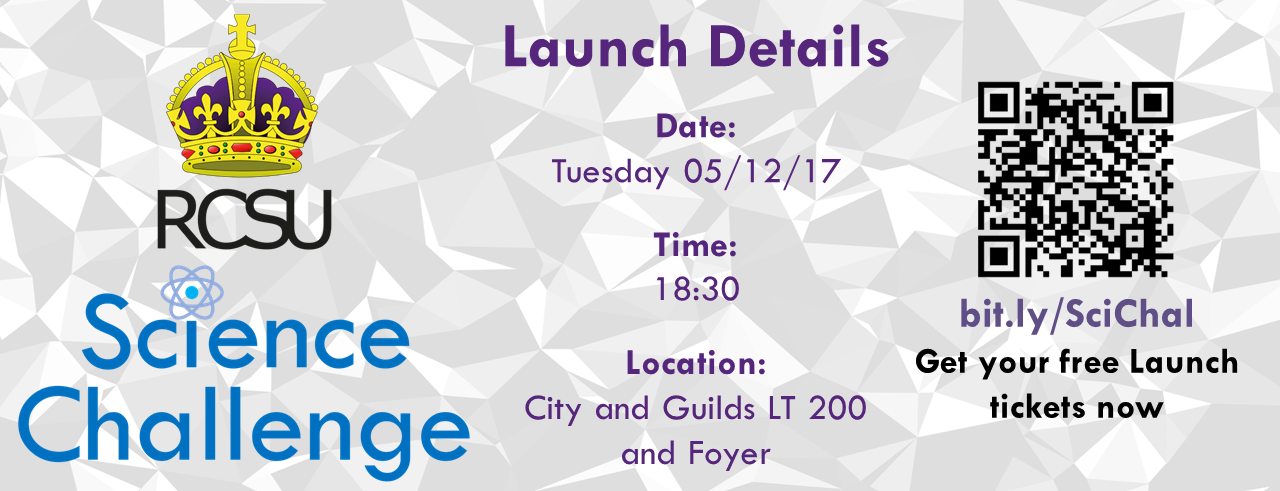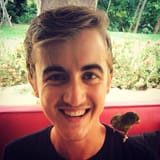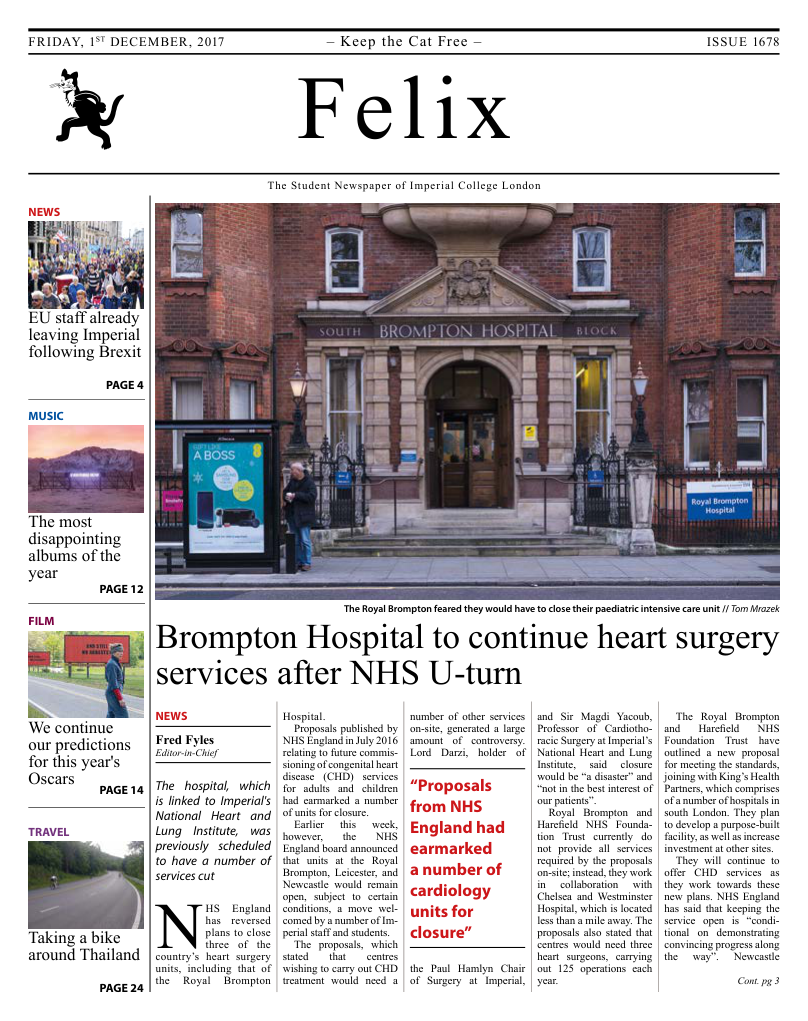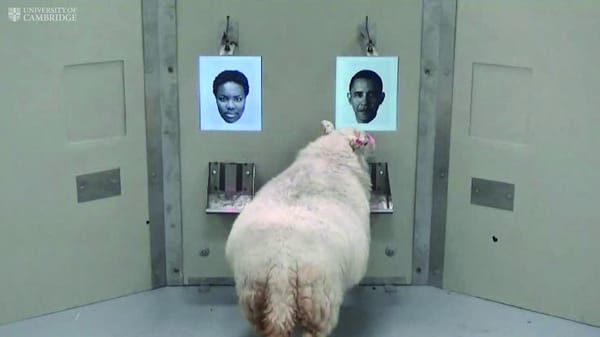In conversation with Professor Lord Robert Winston
Chris Richardson chats science communication with Imperial’s resident Professor of Science and Society.

LRW, good morning. Good morning.
You are a person of many hats. How would you describe what you do? Well, they’re all crumpled hats, that’s for sure! I spend my mornings in the college and afternoons in Westminster, peppered with a lot of educational outreach throughout the week.
The common thread here is communication. What is the role of science communicators in engaging with the public? It’s a very good question. As a science communicator, you’re always at risk because you’re not necessarily an expert in the field that you’re communicating. But the great thing about science is that you can work it out from first principles. For me, science communication is about conveying that science often isn’t as difficult as it’s perceived to be. In the broader context of society, people need to be able to make wise decisions with respect to various issues. On, say, GM crops, CRISPR, and antibiotic resistance.
Communication is one thing, but we’re seeing a worrying increase in evidence denial in our post-truth world. How should we combat this? It’s very easy when you come from a place like Imperial to think that you’re a ‘master of the universe’. But we need to be modest and humble when communicating with the public. And to be prepared to listen, not just talk. Knowledge itself lacks a moral dimension: that dimension becomes relevant once we start to harness knowledge, and that is a fundamental message that science communication should get across.
You’ve previously said that “absolute certainty in either science or religion can lead to serious problems”. Why would absolute certainty in science be a bad thing? We only have to look at Oppenheimer to see that absolute certainty in science is a bad thing. We have to be absolutely clear of what our ethical principles are. To borrow a metaphor often used by religion: we must respect the sanctity of human life. And that means respecting the autonomy of individuals in a society. Both religion – and science – are dangerous when they’re certain.
Your Wohl Reach Out Lab here at Imperial and Utterly Amazing books both target younger audiences. Is there a reason you have adopted this demographic as a strategy? We are not going to reinvent science education at secondary school, and younger brains are much more plastic, much more open to change. Eight-year-olds have no rules and often ask all sorts of questions. We need to imprint good attitudes at a young age. That’s why I’ve concentrated on younger audiences.
Can you remember a moment when you were a part of this age group and felt inspired by science? I was about twelve years old. Back in the 50s we didn’t do science until we were much older. A boring old master stood in front of the class with his hands behind his back, wittering on about chemistry. It was utterly, devastatingly boring. But then there was a monumental explosion, and the entire room was filled with smoke. From that moment on all we wanted to do was make explosions! Of course nowadays we’re much more reflective, trying to incorporate the concepts behind the fun and explosions.
Let’s finish with some quick-fire questions. What’s your favourite piece of lab equipment? A simple light microscope. Once you have looked down one at relatively low power you can see the beauty of things that you didn’t dream possible. That was what really hooked me into my research. I remember being mesmerised by the sight of the fallopian tube, and the exquisite beauty of how the egg is transported. It was the microscope that showed me that.
What do you think about the link between academia and business? People like Musk are inspirational. Without him we’d be further behind in, say, carbon-free transport. He’s changing the nature of the game.
Which area of research currently most excites you? Neuroscience. The whole notion of human consciousness is of key importance to biology, and to us. If we’re really going into the realms of AI and machine learning, then consciousness becomes a very important thing to understand, and we’re still very primitive in our understanding.
Science communication as a field is going from strength to strength. Why is that? One of the reasons why it’s evolving is that we’re better able to express ourselves. For instance, by honing our ability to write well, and in a way that is engaging. The Science Challenge is helping people to do that, and I am delighted to be involved with it.
LRW, best of luck with the SciChal launch. Thank you.











